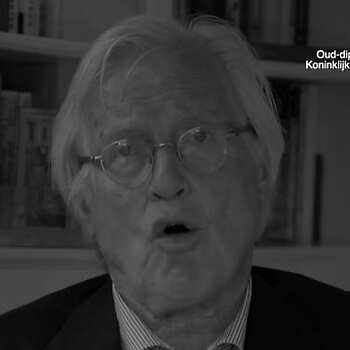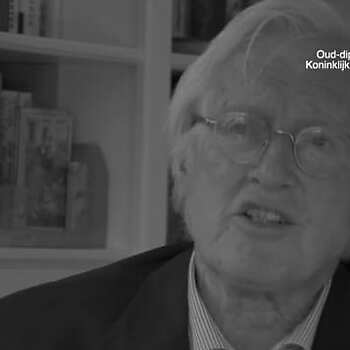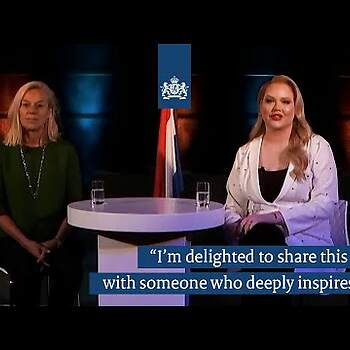Ministers
See timeline 70+ jaar OS and the links of the ministers (in Dutch)
Ben Knapen 2010-2012
Ben Knapen (CDA) became the first secretary of State on Development cooperation. He got the difficult assignment to reduce the Cooperation budget to 0,7% of the GNP. He mainly continued the policies and the focus areas from his predecessor but phased out the themes Education and Health, which were very important focus areas for the achievement of women’ s empowerment through Gender Mainstreaming. He continued with SRHR and HIV/AIDS and introduced a new focus area Food security, also rather relevant for women’s empowerment.
Lilianne Ploumen 2012-2017
Lilianne Ploumen (PvdA) became the first minister of International Trade and Development cooperation, which was a consequence of the VVD-PvdA cooperation in that government. She decided to continue with SRHR as a focus area and with the Task Force on Gender equality and Women’ s empowerment. The last unit focused on engendering of the different departments within the ministry. At the beginning in 2013 of Ploumen’s term a terrible disaster took place in a Ready Made Garment factory, Rana Plaza, in Dhaka, Bangladesh. Through her involvement with the consequences of this disaster during the years Ploumen connected her two main political agenda issues in reality: International Trade and Development Cooperation.
Another disaster for many women in the world took place after the election of USA Republican President Trump. As soon as he took office he decided to re-introduce the GAG-rule: it became forbidden for USAID to finance any contracted local and/or international organisation which support abortion. The consequence was a lack of financial support , about 600 billion USD, in the field of SRHR of many women’ s organisations, health related ngo’ s etc. Ploumen decided successfully to establish an international movement She Decides to collect that lost amount of money among others through an international donor conference in Brussels.
Sigrid Kaag 2017-2021
Sigrid Kaag was a minister for international trade and development cooperation as well. She shifted the focus from development cooperation towards economic development and asked attention for the empowerment of women through education. Therefore a coordinating unit Education was re-established within the Development cooperation directorate. It was decided to phase out the SRHR projects and to focus more on Gender Equality and Humanitarian Aid.
Sources - Read more
2011: Hoofdlijnen Emancipatiebeleid 2011 - 2015.
Focusbrief Ontwikkelingssamenwerking (Rutte) 2011. There was no attention to international gender policy in the gender policy of 2011 -2015, which led to a separate policy document: this 2011 policy letter on international gender policy
2012 Ben Knapen, Doutzen Kroes in One World Dance4life
2013: A World to Gain (policy document)
2013: Hoofdlijnenbrief Emancipatiebeleid 2013-2016.
2013: Reactie Atria op het emancipatiebeleid 2013-2016.
2018: Beleidsnotitie Emancipatie
2018: Investing in Global Prospects: For the World, For the Netherlands
2021: IOB Report Gender Mainstreaming in Foreign Policy and Development Cooperation
Timeline 70+ years of OS - Knapen
Timeline 70+ years of OS - Ploumen
Timeline 70+ years of OS - Kaag



